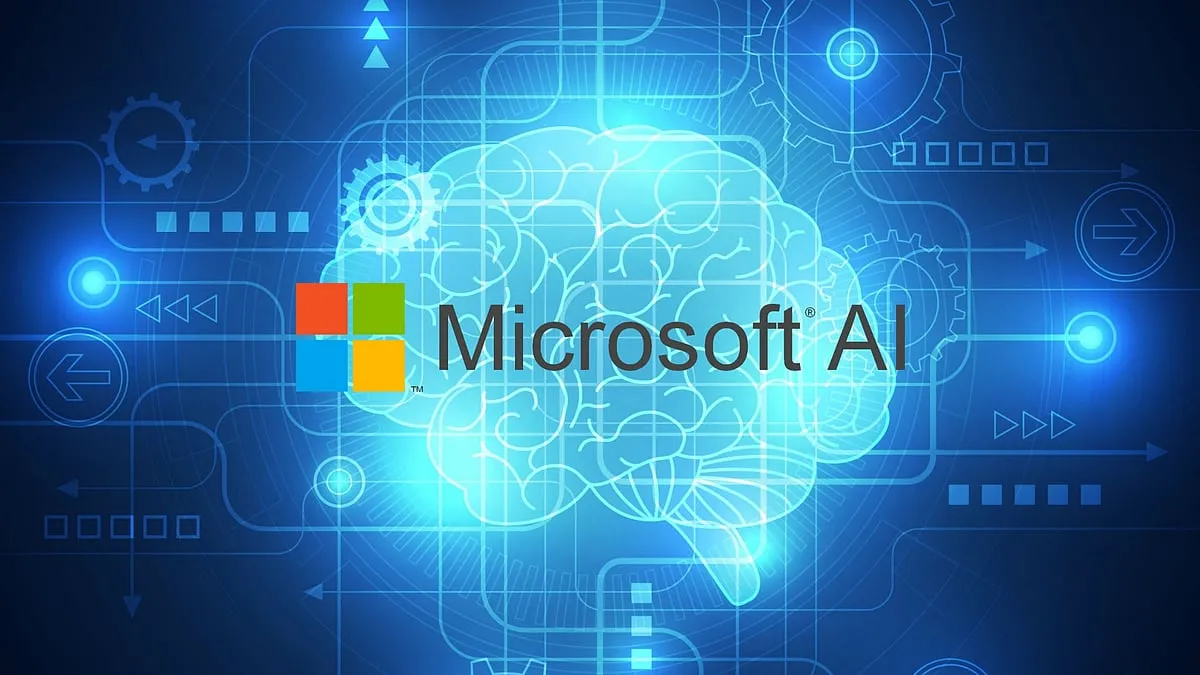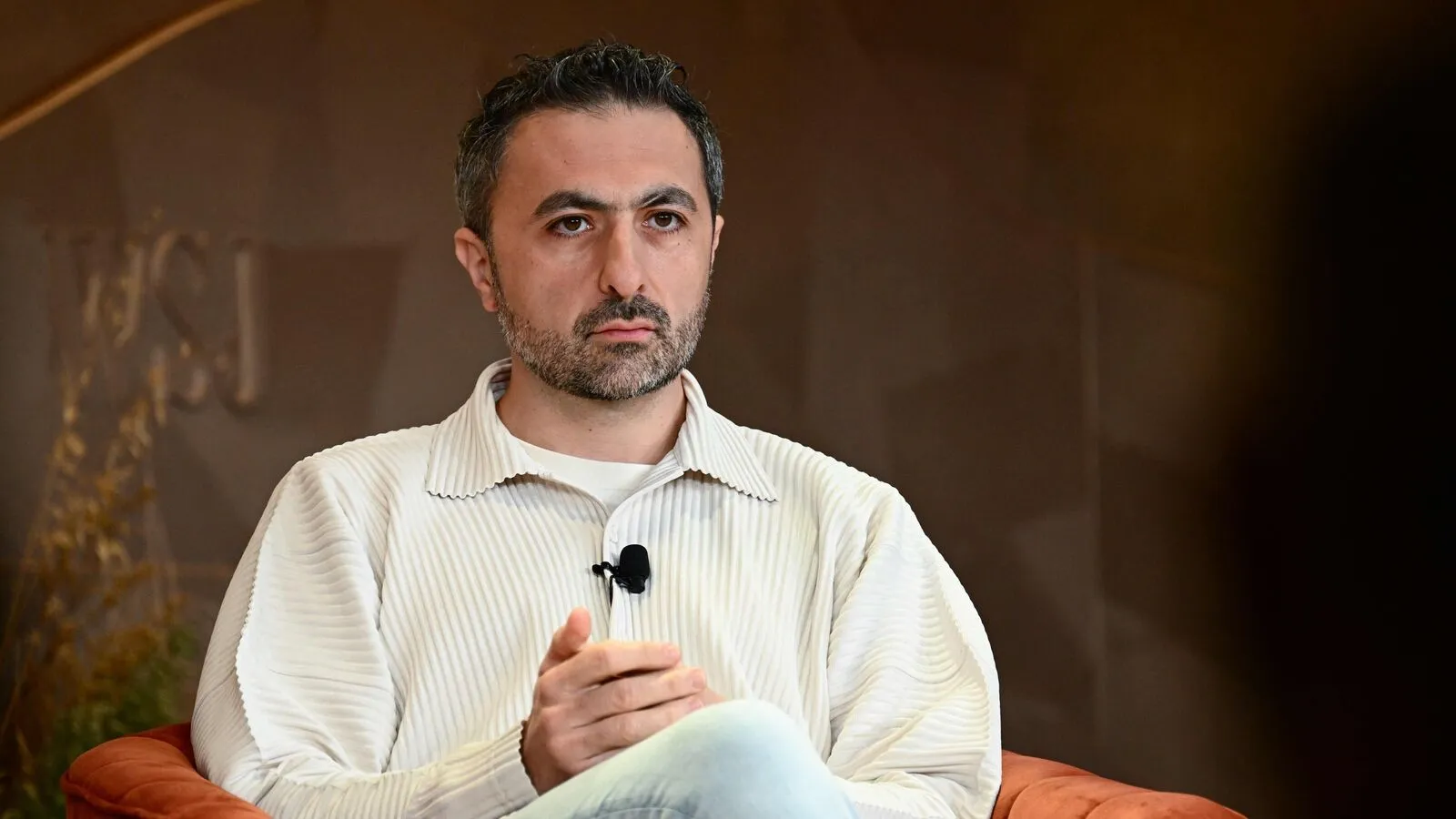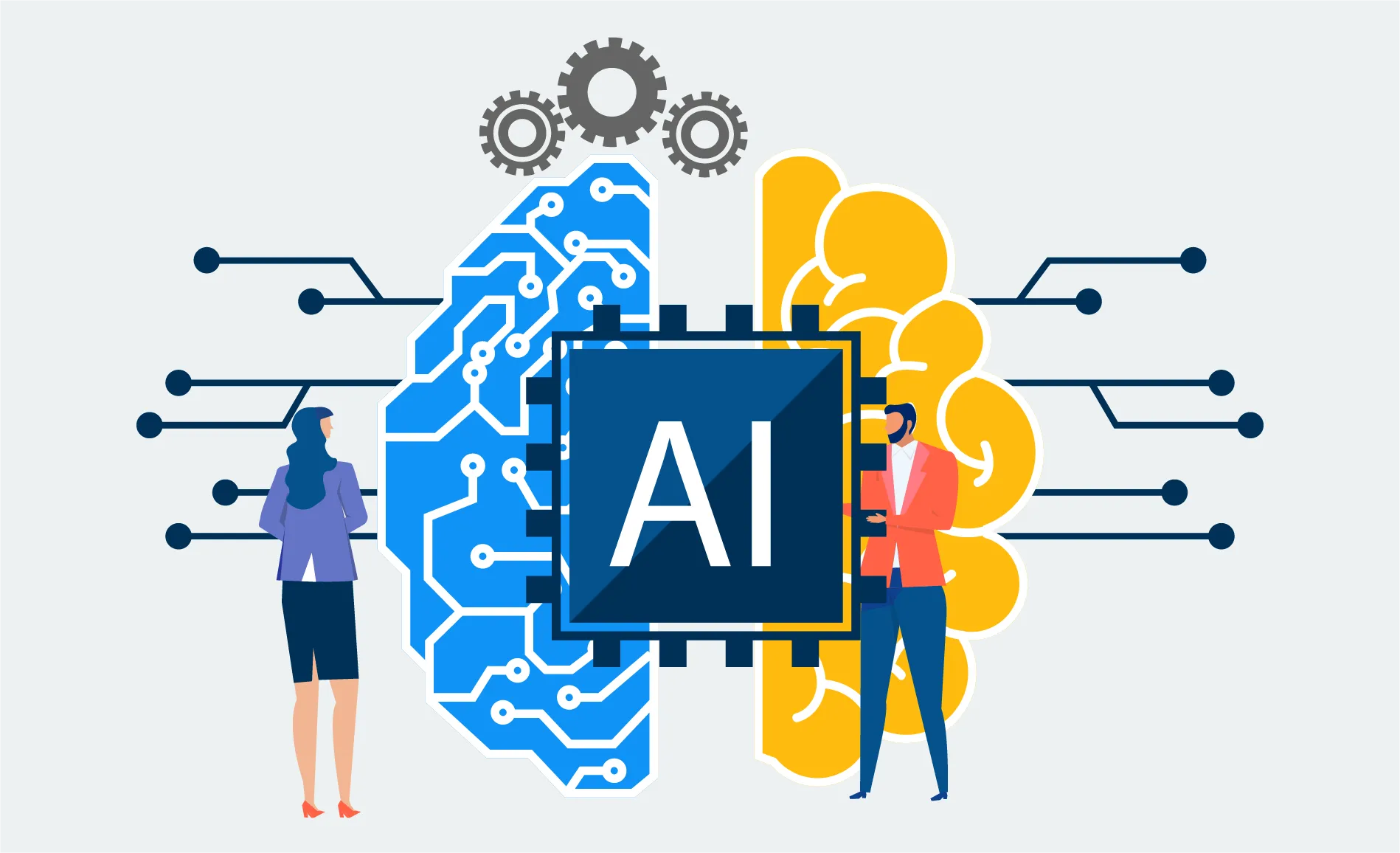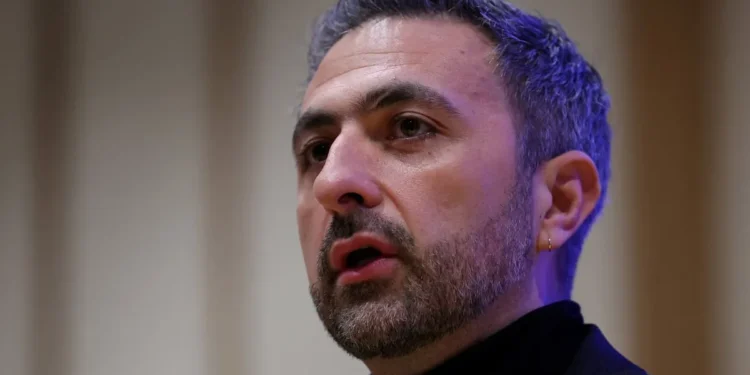As artificial intelligence continues to make waves across industries, the future of work is looking more and more like a partnership between humans and AI agents. Mustafa Suleyman, the CEO of Microsoft AI and co-founder of Google DeepMind, recently shared his vision for how AI will reshape the workplace in the years to come. In a candid interview on the Big Technology podcast, Suleyman offered advice to the younger generation on how they can prepare for a future dominated by AI.

According to Suleyman, the relationship between humans and AI will not be one of competition, but rather collaboration. “I do think your day-to-day workflow just isn’t going to look like this in 10 or 15 years’ time,” he said. “It’s going to be much more about you managing your AI agent, you asking it to go do things, checking in on its quality, getting feedback, and getting into this symbiotic relationship where you iterate with it.”
This “symbiotic relationship” between human workers and AI agents is something Suleyman believes will be key to future productivity. Rather than simply delegating tasks to AI, workers will increasingly become managers of AI, ensuring that the technology performs effectively and aligns with their goals.
Why AI’s Long-Term Impact Goes Beyond the Hype
While AI has been surrounded by hype, with tech leaders promising revolutionary breakthroughs in fields like medicine and climate change, Suleyman acknowledges that the technology hasn’t yet delivered on all its promises. Still, he is optimistic about the long-term impact AI will have on our world.
“After all, it is intelligence that has produced everything that is of value in our human civilization,” Suleyman remarked. “Everything around us is a product of smart human beings getting together, organizing, creating, inventing, and producing everything that you see in your line of sight at this very moment.” Despite the early-stage nature of many AI applications, Suleyman believes the technology’s full potential will unfold in the years to come.
However, AI’s rapid development has raised concerns, particularly regarding its role in warfare and its potential to replace human workers in various sectors. The uncertainty surrounding AI’s future has even led Demis Hassabis, Suleyman’s co-founder at DeepMind, to express concerns about the ethical implications of AI’s power, drawing comparisons to the legacy of Robert Oppenheimer, the physicist who helped develop the atomic bomb.
The Next Generation: Embrace AI, Experiment, and Innovate
Suleyman’s advice for young people entering a world increasingly shaped by AI is clear: experiment and embrace the technology. He likens the situation to when young people first gained access to the internet, encouraging them to “use it, experiment, try stuff out, do crazy things, make mistakes, get it wrong.” Just as the internet sparked creative innovations, Suleyman believes AI will offer similar opportunities for young people to explore and redefine the boundaries of technology.

“It’s technology’s users, rather than its creators, that ultimately help determine the direction of its future development,” Suleyman said. He pointed to the surprising and often unexpected ways people have used existing technologies, from smartphones to laptops, as proof that the true power of AI will come from the creative ways users interact with it. For Suleyman, it’s not about predicting the future of AI, but rather allowing the users to define it.
This spirit of experimentation and creativity is key to understanding the future of AI. Suleyman encourages young people, especially those in high school, to dive into the world of AI. “I think the answer is, play with these things,” he urged. “Try them out, keep an open mind. Try everything that you possibly can with these models, and then you’ll start to see their weaknesses as well, by the way, and you’ll start to chip away at the hype.”
AI’s Potential: The Path to Innovation
Suleyman’s vision of a future where AI serves as a collaborative partner rather than a competitor highlights the vast potential of the technology. The evolving relationship between humans and AI agents will not only reshape the workplace but also push the boundaries of innovation. By fostering a symbiotic connection with AI, individuals will have the opportunity to enhance their creativity, productivity, and problem-solving capabilities.

Young people and AI growth
With Suleyman’s advice to experiment, learn, and challenge AI’s capabilities, the next generation of workers will be well-equipped to thrive in an AI-driven world. As the pace of innovation accelerates, young people who embrace AI as a tool for exploration and invention will be at the forefront of shaping the future.
Mustafa Suleyman’s insights offer a refreshing perspective on the role of AI in the future of work. Rather than fearing the rise of AI, he encourages young people to see it as a tool for innovation and growth. By embracing AI and experimenting with its potential, individuals will not only adapt to the changing world but also help steer it toward new, unexpected possibilities. With Suleyman’s advice, the next generation can look forward to a future where AI and humans work side by side in a true partnership.










